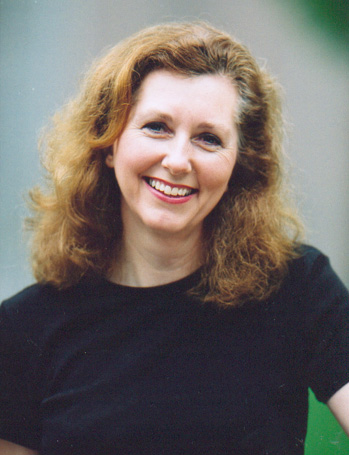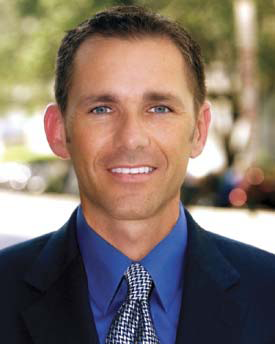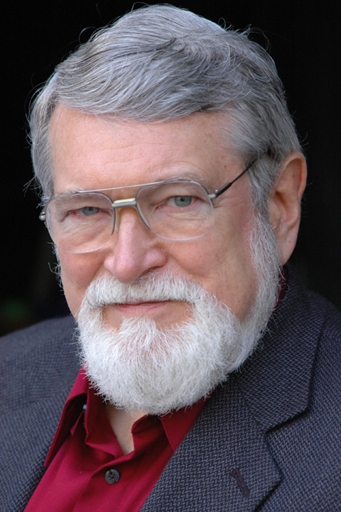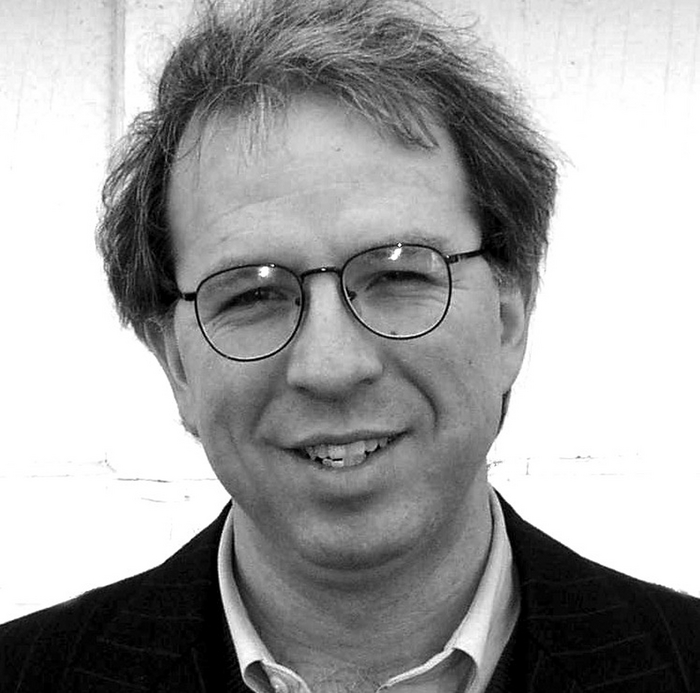2010 - 2011
Religious Life Lecture Series 2010-2011
Matthew 24.40
Thursdays at 7:30PM in Elizabeth A. "Bessie" Labatt Hall
(King's University College, London)
In his Lenten Message of 1997, inviting the world to prepare for the Great Jubilee of 2000, Pope John Paul II invited the Church to consider our ministry to the poor and needy. The Holy Father wrote:
"The Gospel call to be close to Christ who is “homeless” is an invitation to all the baptized to examine their own lives, and to treat their brothers and sisters with practical solidarity by sharing their hardships. By openness and generosity, as a community and as individuals, Christians can serve Christ present in the poor and bear witness to the Father’s love. In this journey Christ goes before us. His presence is a source of strength and encouragement: He sets us free and makes us witnesses of love.”
Ten years later, how do we see ourselves amongst the poor and needy? How are we honouring the Creator, by stewarding His creation?
Join us this year as we seek to nourish, challenge and provoke the community into witness, action and love.
September 23, 2010 |
|
|---|---|
|
|
Mary Gordon
"The Decade of Empathy" Mary Gordon, an internationally recognized educator, best-selling author, child advocate and parenting expert, founded Roots of Empathy in 1996 and the Seeds of Empathy in 2006. Both programs are informed by the power of empathy. Ms. Gordon is a member of the Order of Canada and an Ashoka Fellow.
What we count and measure reflects our values as a society. Roots of Empathy, an evidence-based classroom programme expands children’s capacity to understand and include the other. It is a pedagogy of hope which counters society’s spiritual flatness and apathy. The children learn through coached observations of a visiting infant and parent how to understand the emotions of a vulnerable baby. Finding the humanity in the baby allows them to find the humanity in themselves; a bridge to finding the humanity in others. Sponsored by the London District Catholic School Board
|
September 30, 2010 |
|
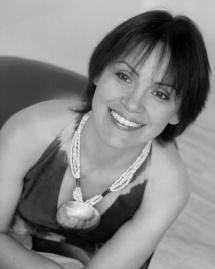 |
Susan Aglukark
"Nomad No Longer: Social, Spiritual, Cultural Inuit Tradition" Susan Aglukark is one of Canada’s most unique artists and a leading voice in Canadian music in that she blends the Inuktitut and English languages with leading pop music arrangements to tell the stories of her people, the Inuit of Arctic Canada. The emotional depth and honesty of her lyrics and theses of hope, spirit and encouragement have captivated and inspired listeners from all walks of life and she is rapidly becoming known as an uplifting motivational speaker.
This presentation will touch on the journey of the Inuit over the last 50 years, how spiritualism has changed in that time and how this change has impacted Inuit of today. Songs selected are from relevant times of Ms. Aglukark’s professional journey, times that parallel turning points in the collective Inuit journey. |
October 7, 2010 |
|
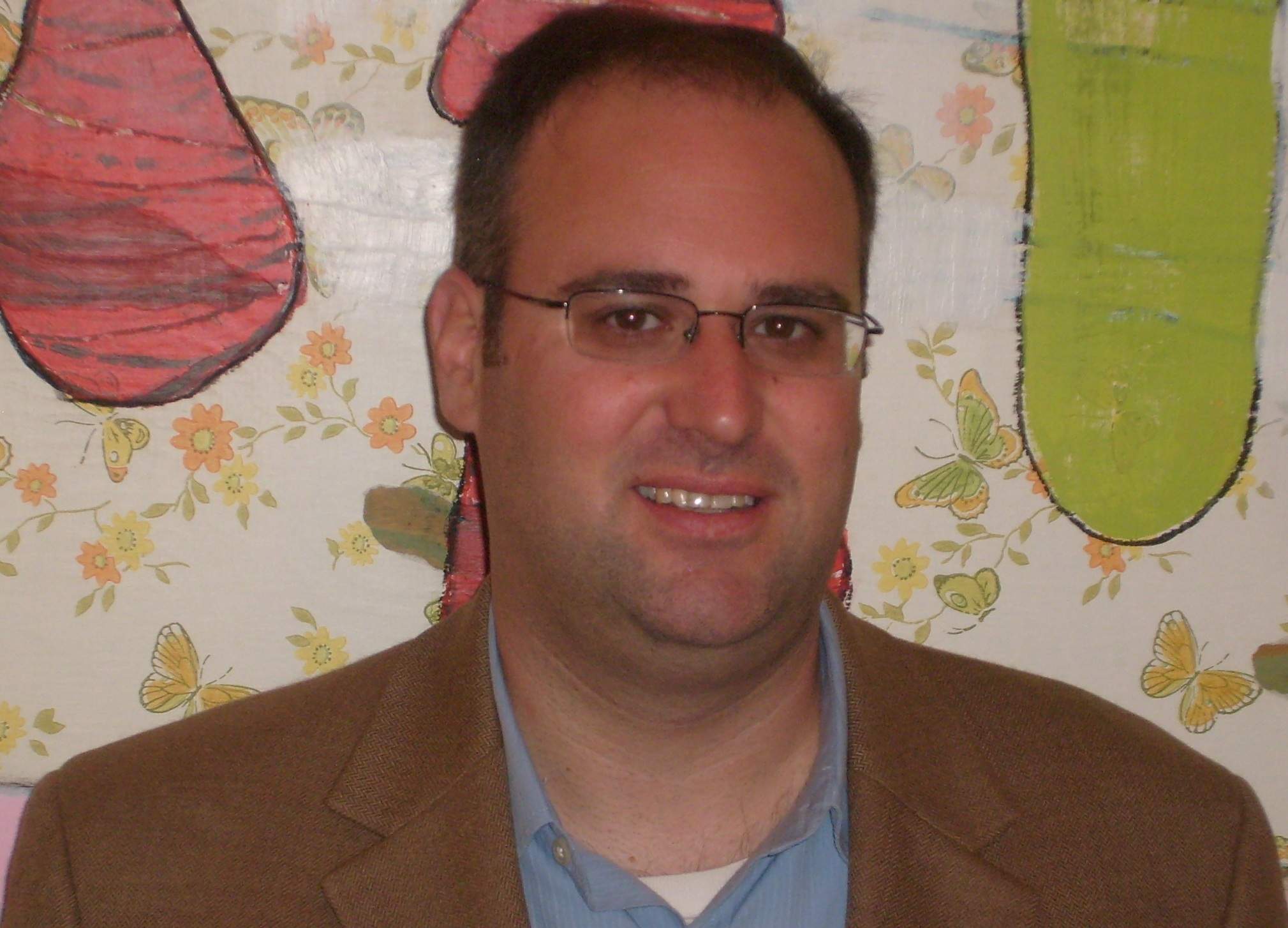 |
Steve Rodenborn
"The Importance of Practicing Hope" Steve Rodenborn is Assistant Professor of Religious and Theological Studies at St. Edward’s University in Austin, Texas where he teaches courses in historical and systematic theology. His research focuses on the intersection of discipleship and doctrine as it is addressed by contemporary Catholic political theology. He received a Ph.D. in theology from the University of Notre Dame in 2008. In John Paul II’s Lenten Message of 1997, he invites the Church to reflect on our ministry to the vulnerable and needy, but also on the need to nurture a hope that sustains and animates the Church’s work for justice. Particularly in the face of cynicism or despair amidst the world’s intractable suffering, we will explore how we might nurture this hope that is so critical in the Church’s work for justice. |
October 21, 2010 |
|
|
|
Jody Huckaby
"Social Justice and Social Stigma: Building the Bridge of Inclusion of Gays, their Families, and Allies" Jody M. Huckaby, Executive Director of PFLAG National, has worked in the nonprofit sector for 15 years. Holding a bachelor’s degree in psychology, Mr. Huckaby brings a unique family perspective to his work because he is gay and has seven siblings – three of whom are gay and four of whom are straight. He has received awards for his work with AIDS Action in Washington, A primary pillar of Catholic social justice is the concept that charity should be extended to all who suffer. The potential for great suffering by gay, lesbian, bisexual and transgender people is obvious to most, particularly within religious institutions that overtly or covertly exclude them. But it is precisely this group that can be most effective in serving as a bridge for and the embodiment of Catholic charity to ease suffering, increase understanding and move towards greater acceptance. |
October 28, 2010 |
|
|
|
David Korten
"Change the Story: Change the Future" David Korten is the co-chair of the New Economy Working Group and has written books such as Agenda for New Economy: From Phantom Wealth to Real Wealth (2009). He has thirty years experience as a development professional in Asia, Africa and Latin America and has served as a Harvard Business School professor and as a regional specialist for the US Agency for International. Every transformational social movement is also a spiritual movement beginning with conversations that challenge a prevailing cultural story. The civil rights movement changed the story on race; the environmental movement changed the story about the human relationship to nature. Our current task is to change the story about the nature of wealth, the purpose of the economy and our human nature. Part of “Beyond Tinkering: Growing an Inclusive Economy” – Sisters of St. Joseph of London |
November 4, 2010 |
|
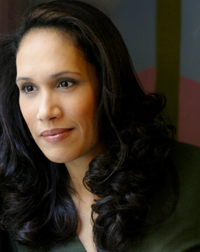 |
Alexie Torres-Fleming
"When Are You Coming? The Road from Charity to Justice" Alexie Torres-Fleming is the founder and Executive Director of Youth Ministries for Peace and Justice and has an extensive background in youth development, community organizing and environmental justice. She has received numerous awards for her work, including the 2001 Local Peacemaker Award from Pax Christi and the 1998 Union Square Award for work in activism and human rights.
In her lecture, Alexie Torres-Fleming will share her journey of finding true love, meaning and power in her South Bronx community. She will explore the biblical call to justice and solidarity with the poor and challenge us to go beyond charity as we consider our relationship to God’s beloved children at the margins of society. |
November 18, 2010 |
|
|
|
Robert Ellsberg
"Dorothy Day: A Saint for Today" Robert Ellsberg is the Editor-in-Chief of Orbis Books, the publishing arm of the Maryknoll Fathers and Brothers. He was a member of the Catholic Worker community in New York in the 1970’s and served for two years as the managing editor of “The Catholic Worker.” He has edited a number of works on Dorothy Day including “Dorothy Day: Selected Writings” and “All the Way to Heaven: The Selected Letters of Dorothy Day.”
Dorothy Day was the founder of the Catholic Worker Movement: she lived among the poor, practicing works of mercy, while protesting on behalf of peace and social justice. The Vatican has recently accepted her cause for canonization. We will explore what her life tells us about the meaning of holiness in our time, how her canonization would enlarge our understanding of sainthood and how her witness challenges all Christians to live out their faith in response to the needs of today. Annual Christ the King Lecture / Sponsored by St. Peter’s Institute for Catholic Formation
|
January 13, 2011 |
|
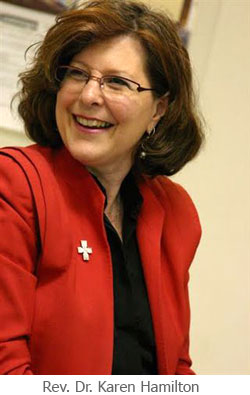 |
Reverend Dr. Karen Hamilton
"For Such A Time as This" Reverend Dr. Hamilton is committed to speaking about and working for ecumenism, inter-faith dialogue, the use of the Bible in the church and local and global justice. She is the General Secretary for The Canadian Council of Churches. The Biblical woman, Esther, finds herself in a position of some privilege and responsibility. She also finds herself in a context in which the life of a people is at stake. With courage and creativity and at great personal risk, Esther speaks and acts for the sake of life. How might we, so much more privileged in terms of personal safety, manifest such courage and creativity that the world is transformed? |
January 27, 2011 |
|
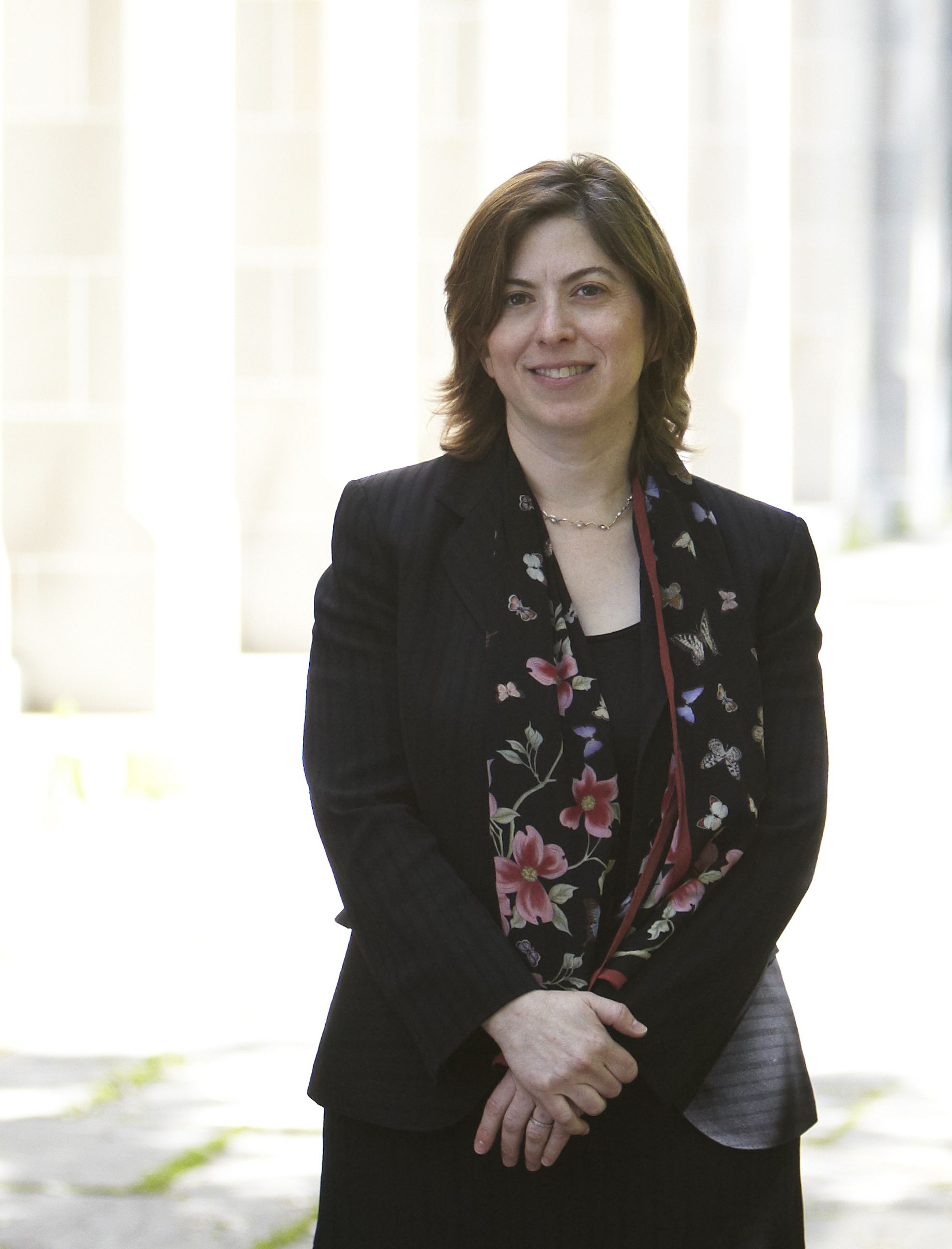 |
Hindy Najman
"Overcoming Destruction in Ancient Judaism" Ms. Najman is the Director for Jewish Studies and Associate Professor of Ancient Judaism in the Department and Centre for the Study of Religion at the University of Toronto. Her areas of expertise are the Dead Sea Scrolls, Second Temple Judaism, Hellenistic Judaism, Hebrew Bible, early Rabbinics and the History of Jewish Interpretation. She has received numerous grants for her work, including a Connaught Award (2004). In this lecture we will explore the struggles of ancient Jewish communities to redefine themselves in the aftermath of the destruction of the first and second temples. What role did prayer and interpretation play in their literary witnesses from this period? Was human-divine interaction still understood as imaginable when the Jewish community was bereft of its temple, land and independence? Sponsored by the Centre for Jewish-Catholic-Muslim Learning
|
March 10, 2011 |
|
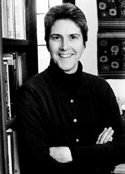 |
Kathryn Tanner
"A Christian Perspective on the Financial Crisis" Kathryn Tanner does constructive Christian theology in the Protestant Tradition, with the intent of addressing contemporary challenges to belief through the creative use of both the history of Christian thought and interdisciplinary methods, such as critical, social and feminist theory.
The recent credit crises reveal some of the potential dangers of financial markets in general. This lecture discusses what those dangers are and what can be done to remedy them, in light of Christian commitments, especially to the poor and the needy. Sponsored by the Sisters of St. Joseph of London |
March 31, 2011 |
|
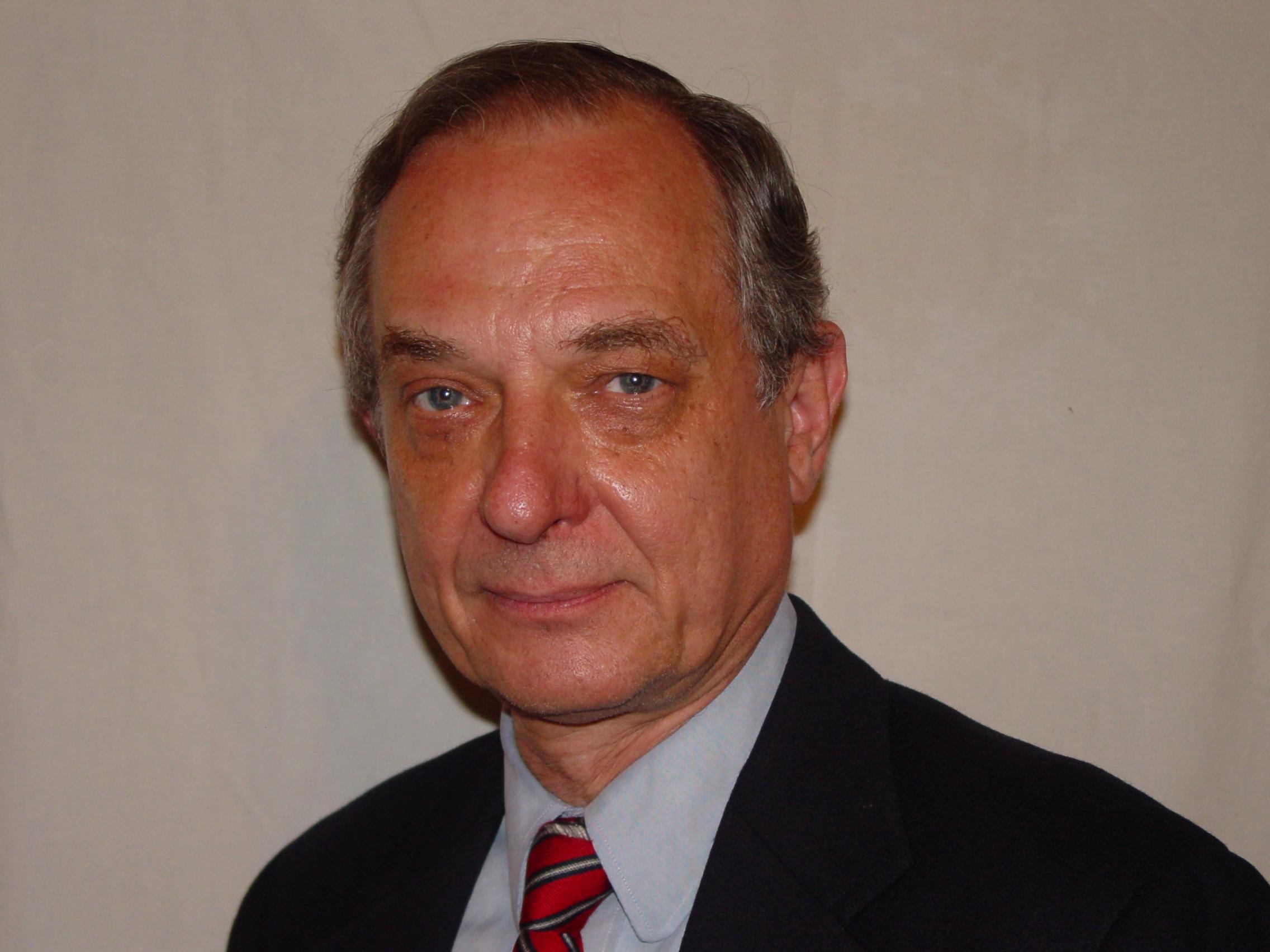 |
Joseph Martos
"The Paschal Mystery and the Kingdom of God" Joseph Martos is a retired professor and Director of the Russell Institute of Religion and Ministry, which offered undergraduate and graduate programs in religious studies or ministry studies. His publications include “Doors to the Sacred” and “Sacraments, Symbols of God’s Life.” He is currently a member of the distance adjunct faculty of the Aquinas Institute of Theology in St. Louis. Very commonly, religious doctrines are taken as beliefs that have no connection to human experience. Trinity, incarnation, salvation, eternal life, paschal life and so on are usually thought to refer to spiritual realities that cannot be experienced, or that can be experienced only in the hereafter. But where do the words come from? This presentation will explore the connection between the personal experience of the paschal mystery and the social experience of the kingdom of God. |

